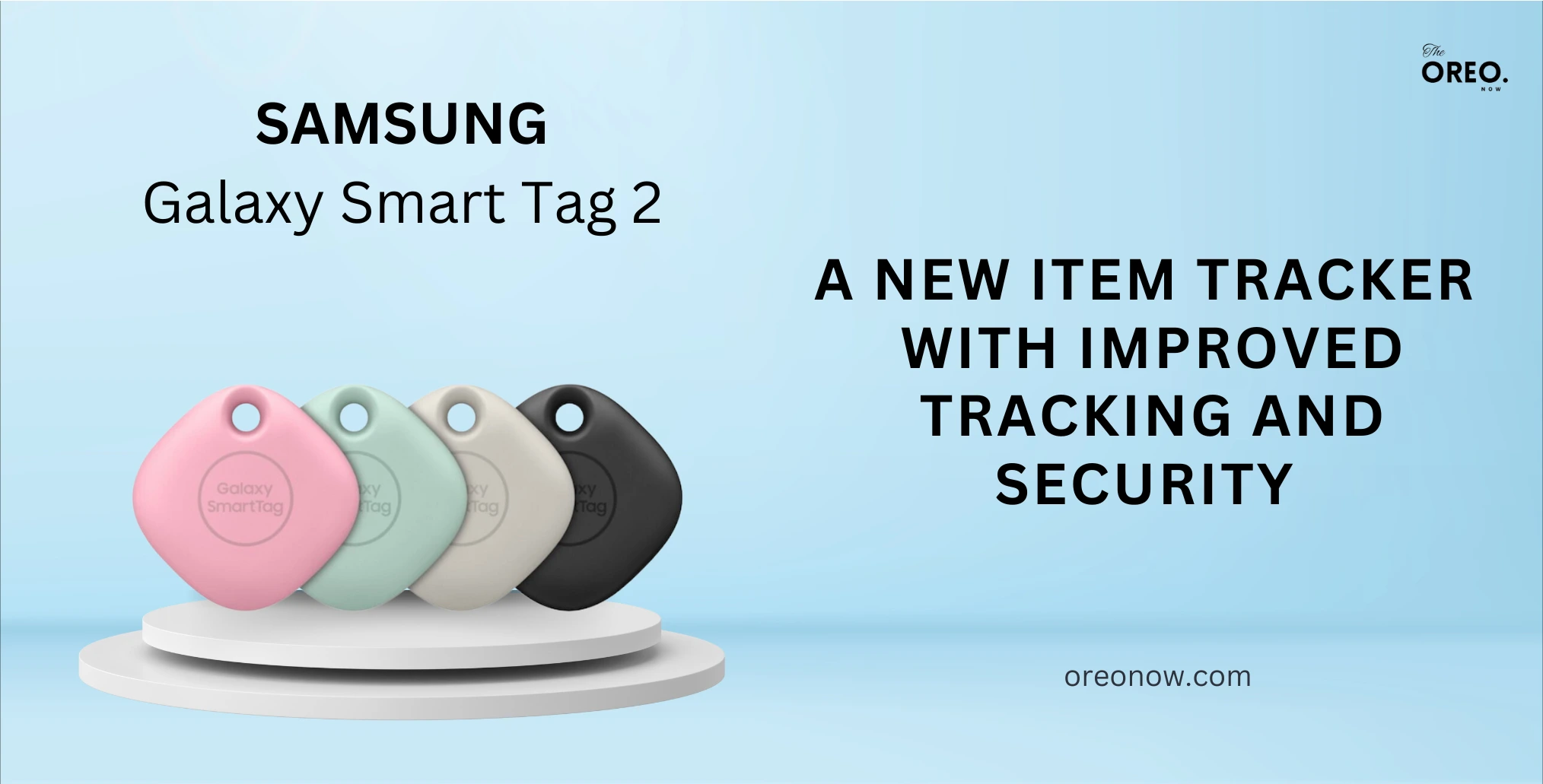Microsoft is removing WordPad from Windows after nearly 30 years
WordPad will no longer be included in upcoming Windows editions, according to a statement from Microsoft. Since Windows 95, WordPad has been a standard text editor available in Windows. Straightforward documents can be created and edited with this program because it is small and straightforward to use. However, it has not had a significant update in a long time and is deficient in many functions found in more potent word processors like Microsoft Word.
WordPad was developed by Microsoft in 1995 and has been a part of every iteration of Windows since. It is a straightforward text editor that may be used to make and modify straightforward documents. Although WordPad is not as robust as Microsoft Word, it is a simple, lightweight program that can be used by a wide range of people.
Why Microsoft is removing WordPad from future versions of Windows?
- WordPad has not been updated significantly in many years. When Windows Vista was released in 2007, WordPad received its most recent significant update. The program hasn’t undergone any significant modifications since then. As a result, WordPad lacks a significant number of functionality seen in other word processors like Microsoft Word.
- Most customers who require a more robust word processor already have Microsoft Word or a different third-party option. The most widely used word processor in the world, Microsoft Word, comes pre-installed on the majority of new PCs. Additionally, many users decide to buy third-party word processors like Google Docs or LibreOffice Writer. This indicates that WordPad has a small market and that Microsoft does not think it is worthwhile to continue investing in its development.
- Microsoft intends to concentrate its efforts on creating and enhancing alternative products. Microsoft is making significant investments in cutting-edge goods and technology like cloud computing and artificial intelligence. These items, according to the business, are more crucial to its future success than WordPad.
What will Microsoft use instead of WordPad?
The replacement for WordPad in the next Windows versions has not yet been disclosed by Microsoft. But it’s more likely that the business will suggest Microsoft Word as an option. The majority of new computers come pre-installed with Microsoft Word, a more capable word processor than WordPad.
How Microsoft Word is better than WordPad?
- Features: Microsoft Word has a wider range of features than WordPad, including:
- More advanced formatting options
- Tables, charts, and graphics
- Mail merge
- Track changes and comments
- Spell-checking and grammar-checking
- Ease of use: WordPad is a more lightweight and easier-to-use program than Microsoft Word.
- Price: Microsoft Word is a paid program, while WordPad is free.
If you need a basic text editor for creating and editing simple documents, then WordPad is a good option. However, if you need a more powerful word processor with a wider range of features, then you should consider using Microsoft Word.
Here are some alternatives to WordPad for you
- Microsoft Word: The world’s most used word processor is this one. A versatile and feature-rich program, it can be used to create documents, letters, and presentations, among other things.
- Google Docs: It is possible to access this free online word processor from any computer or device with an internet connection. If you need to work on documents with others, this is a wonderful choice.
- LibreOffice Writer: This is an excellent Microsoft Word substitute that is free and open-source. It features a comparable feature set and is compatible with Microsoft Word documents.
- WPS Office Writer: For consumers searching for a robust and feature-rich program, this is another free and open-source word processor that is a fantastic choice.
WordPad will continue to work with the current version of Windows if you are currently using it. However, it won’t be included in upcoming Windows releases. You can get Microsoft Word or some alternative word processor if you require one with more power.
Must Read: Cortana app in Windows Exit: Embracing Bing Chat and Windows Copilot



